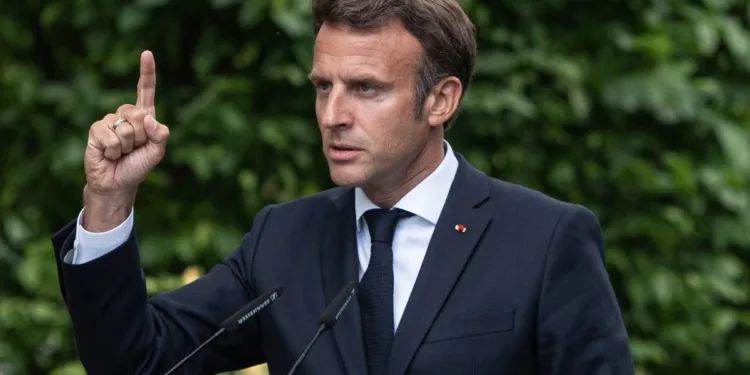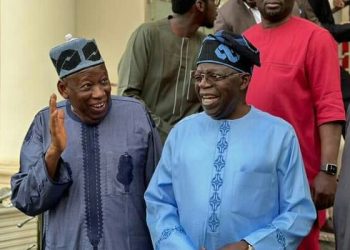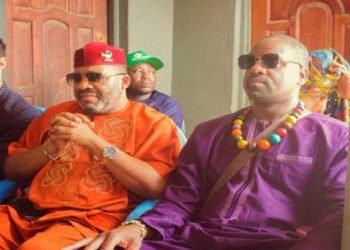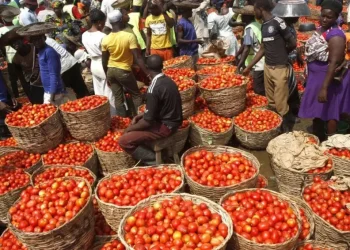Emmanuel Macron, the President of France, has stated that the country and its Western and African partners possessed the capability to intervene and prevent the genocide in Rwanda in 1994. He, however, made known that the collective determination to halt the mass killing of approximately 800,000 individuals, predominantly ethnic Tutsis, was lacking.
According to The Guardian, in a video message to be published on Sunday to mark the 30th anniversary of the genocide, Macron will emphasize that “when the phase of total extermination against the Tutsis began, the international community had the means to know and act”, the presidency said on Thursday.
The president believes that by that time, the international community had already gained historical knowledge of genocide, having witnessed the Holocaust during the Second World War and the mass killings of Armenians in Ottoman Turkey during the First World War.
Macron will say that “France, which could have stopped the genocide with its Western and African allies, did not have the will” to do so, the official added.
The president will not be going to Kigali to attend commemorations of the genocide this Sunday alongside Rwanda’s president, Paul Kagame, but instead, France will be represented by its foreign minister, Stéphane Séjourné.
Macron acknowledged France’s role in the genocide during his 2021 visit to Rwanda, emphasizing that only the survivors have the power to offer forgiveness. However, he refrained from issuing an apology, while Kagame, the leader of the Tutsi rebellion that halted the genocide, has consistently called for a more forceful declaration.
READ ALSO: American University Confers Doctorate Degree On Enabulele
In 2021, a historical commission owned by Macron and headed by historian Vincent Duclert reached the same conclusion, stating that France under François Mitterrand had indeed failed. However, the commission also emphasized that there was no evidence to suggest that Paris had been involved in the killing.
Marcel Kabanda, president of the Ibuka France genocide survivor association, welcomed Macron’s message reported on Thursday. “It goes even further than the Duclert report or his message in Kigali [in 2021]. I’m overjoyed he is giving France this positive image of a country that recognizes its faults and grows through recognizing its history.”
In his video message, Macron is to “reiterate the importance of the duty of remembrance, but also of developing and disseminating reference knowledge, in particular through the education of younger generations in France,” the presidency said.
The Rwanda Genocide
The Rwandan genocide of 1994 was a horrific event that shattered the African nation. Over a period of 100 days, from April to July 1994, extremist Hutus, the majority ethnic group in Rwanda, carried out a systematic campaign of slaughter against the minority Tutsis and moderate Hutus.
Fueled by hate propaganda spread through media outlets, around 200,000 Hutus participated in the killings. The result was devastating. An estimated 800,000 civilians, mostly Tutsis but also including Hutu moderates, were brutally murdered. This horrific event displaced millions more, with as many as 2 million Rwandans fleeing the country in fear for their lives.
The Rwandan genocide is a chilling reminder of the depths of human barbarity. It remains a potent symbol of the importance of international intervention in preventing such atrocities and the need to foster ethnic tolerance and reconciliation.
Aftermath
Once the genocide was over, the country faced years of reconciliation and recovery. Trying those who were thought responsible for genocidal acts was a primary focus, as was promoting national unity and rebuilding the country’s economy.
Prosecuting The Perpetrators
Those accused of participating in the genocide were primarily tried in one of three types of court systems: the International Criminal Tribunal for Rwanda (ICTR), Rwandan national courts, or local gacaca courts. Some suspects who had fled Rwanda were tried in the countries in which they were found.
Written by Adeluola Biola










